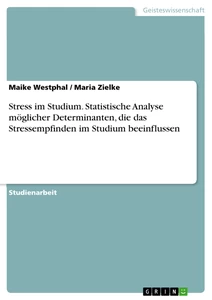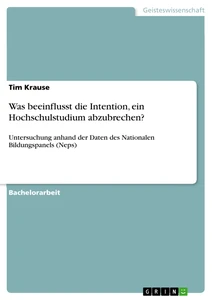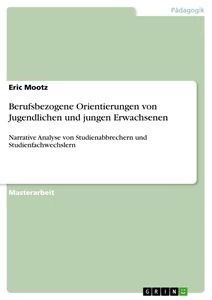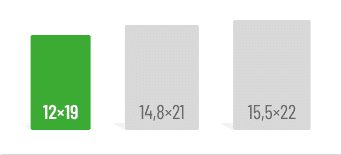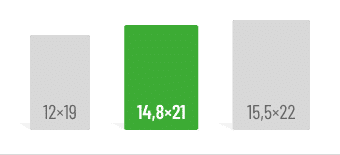First things first:
- One-third of students switch field of study or drop out of university.
- Germany’s education system is highly flexible. A university degree isn’t always the only option.
How common is changing your field of study and dropping out?
Changing your course or even dropping out can be stressful for many students. Society often tells us that our choice of degree determines the rest of our lives, and changing paths is seen as undisciplined or aimless.
In reality, dropping out of university is not unusual. According to Statista (2021), the dropout rate for bachelor’s programs at German universities in 2018 was 32%. This means that one in three students leaves their first degree program to either switch fields or pursue an alternative form of education.
The sheer variety of options can make it difficult to find the right course initially. It’s completely understandable to realize that your current field isn’t the right fit or that university isn’t for you. After all, who knows exactly what they want to study—or even what career they want—right after finishing school?
Career Counseling as a Guide
If you know that your current degree isn’t for you but aren’t sure about your next steps, consider visiting a career counseling center. These services allow you to explore your options in a supportive and structured environment.
Most universities and colleges offer such services, and there are also many external organizations specializing in helping students in this situation.
For more information, visit the Federal Employment Agency’s website: Career Counseling and Education.
Taking a break
Sometimes, stepping away from the hustle and bustle of everyday life can work wonders. Freeing yourself from screens, deadlines, and others’ opinions allows you to reflect on what you truly want. You might discover that you were on the right path and simply needed a break. Alternatively, time off could strengthen your resolve to invest in a different type of education.
Breaks aren’t detours—they’re part of your journey toward your dream degree or career. Don’t be swayed by comments like, “But that won’t look good on your résumé!” What truly matters isn’t how fast you reach your goal but whether you’ve chosen a career that excites you.
Gaining work experience through internships
Internships are an excellent way to get a taste of the working world and understand what a future career might look like. They allow you to expand your knowledge and skills while building your professional network. Who knows? You might meet colleagues who later remember you and offer a position at a new start-up. Or you might impress enough to land a permanent role. Internships can truly be a stepping stone to your future.
Unfortunately, internships are often unpaid, and spots can fill quickly. Even so, they are invaluable for gaining insight into whether a particular career field suits you. In this sense, the experience you gain is priceless.
Don’t be afraid to take a gap semester! Use the time to explore alternative education paths, take part in a volunteer program, or travel. Each of these activities offers opportunities to clarify your vision for the future.
It doesn’t have to be university
University isn’t the ultimate goal for everyone. Today’s education system offers a wide range of paths into the professional world. A university degree isn’t the only way! Options include practice-oriented colleges, apprenticeships, and self-directed learning opportunities. With so many choices available, there’s a suitable path for everyone.
Society often emphasizes that education should follow a straight line and stigmatizes detours like switching courses or dropping out. However, this mindset doesn’t reflect the flexibility of modern education systems. So, take heart! We don’t all need to enter the job market in our mid-twenties.
Take the time you need, and remember: Many roads lead to Rome!
Sources:
GRIN publications on the topic:
Do you like our magazine? Then sign up for our GRIN newsletter now!

